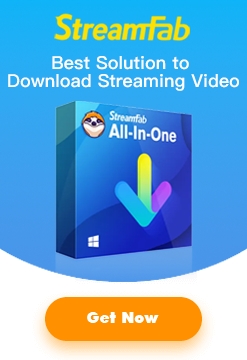By the closing bell of the first quarter in 2012, smartphone manufacturers released their Q1 financial sheets in succession. At the meantime, information’s from statistics centers of all sorts also came out one after another. According to the latest statistics released from IDC, the Q1 shipment of Samsung has reached 42.2 million, surpassing Apple’s 35.1 million, to be the biggest gainer global wide by market share, see the chart below.
Indicatively, what lies beneath the chart is that, iOS, representing Apple, and Android, Samsung’s mobile operating system, are the dominating players on the mobile operating system market. Is there anyone who can break the duopoly of iOS and Android?
Last September, news from some credible source shows that two major Linux allies, LiMo Foundation and Linux Foundation, cooperatively joining hands with Intel and Samsung, will develop a new mobile operating system targeting at smartphones, netbooks, notebooks, as well as in-vehicle infotainment systems. The new operating system is called Tizen.
The main difference which tells Tizen from other mobile operating system is that its software framework for third-party developers is based on web standards such as HTML5 and web technologies WAC. Tizen’s software development kit is published by Samsung under a restrictive proprietary license and includes a web integrated development environment, emulator, compilation tool chain, sample code and documentation.
 The first initial release of the system and its SDK is announced in January 2012, and later on April 30, version 1.0, code-named Larkspur, is available. The first devices running Tizen are scheduled for the second quarter of 2012, which are intended to be highly flexible by implementing an HTML5-based API. Tizen developers initially emphasized that HTML5 would not be the only platform and they will integrate into the OS another option called Enlightenment Foundation Libraries. However, the SDK of the early alpha release does not provide these libraries for application development. Tizen’s architect Carsten Haitzler admitted in March 2012 on the project’s IRC channel that there will be no option for native development, because only HTML5 will be supported.
The first initial release of the system and its SDK is announced in January 2012, and later on April 30, version 1.0, code-named Larkspur, is available. The first devices running Tizen are scheduled for the second quarter of 2012, which are intended to be highly flexible by implementing an HTML5-based API. Tizen developers initially emphasized that HTML5 would not be the only platform and they will integrate into the OS another option called Enlightenment Foundation Libraries. However, the SDK of the early alpha release does not provide these libraries for application development. Tizen’s architect Carsten Haitzler admitted in March 2012 on the project’s IRC channel that there will be no option for native development, because only HTML5 will be supported.
Again, as an emerging mobile operating system, is Tizen competent enough to challenge iOS and Android? Think of other mobile operating systems, such as symbian, which Nokia has abandoned, Windows Operating system, which is still lags far behind iOS and Android by market share. To threaten the current rulers is not such an easy job, although people do not want to see the mobile operating system market being monopolized by only two major players, pointing to Apple and Google.
Geoff Blaber, an analyst from CCS Insight states that Tizen aims at unifying various Linux based platforms. But at the same time, he worries that although there are the expectations on a brand new mobile operating system which can replace the android, from the perspective of historical experience, the willingness does not mean success. Neal Robison, a leader of content and program support team from AMD, when talking about his reviews on the current mobile devices and PC operating systems, says that it is meaningless to invest on Intel Meego and HP WebOS, as the current mobile operating system market has entered into a saturated condition, with Google Android, Apple iOS and Microsoft Windows playing the dominating roles. There will be no output of any attempt of creating another mobile operating system, including the Tizen jointly developed by Intel and Samsung.
Who’s a great visionary and who will lose the bet? It will be left to the touchstone-market. Time will see, and so do we.








